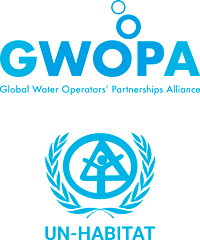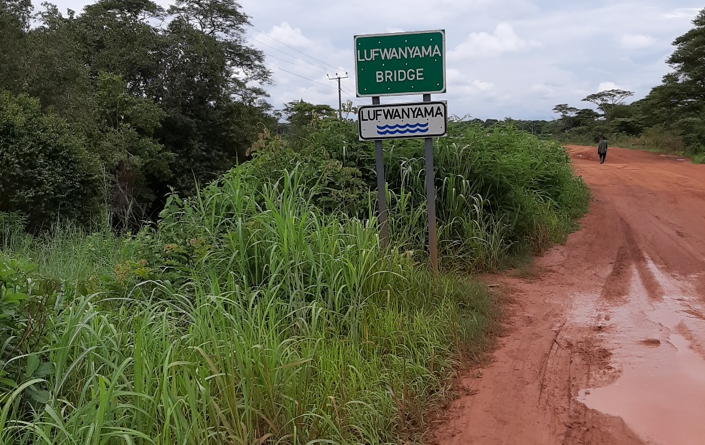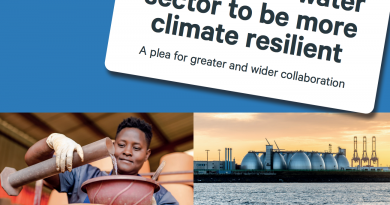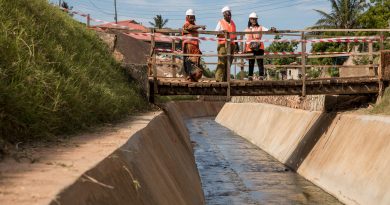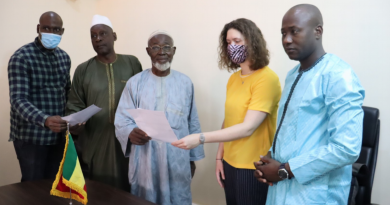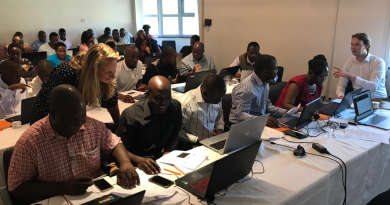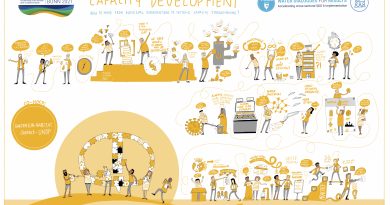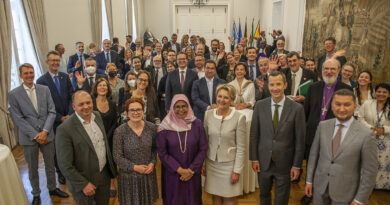Water in Lufwanyama: between political ambition and business reality
Zambia has 11 water companies, called commercial utilities (CU). Since the inception of the commercial utilities, about 20 years ago, each district/province was assigned to a CU. Except for one district: Lufwanyama in the Copperbelt province. Lufwanyama did not have a CU responsible for the water provision, leaving it unattended by the responsible local council. This changed on the 1st of November 2020 when, per ministerial decree, this district was assigned to Nkana Water and Sanitation Company limited, one of VEI’s local partner of the WaterWorX Programme’s Water Operators’ Partnership (WOP).
Zambia has scheduled national elections on the 12th of August 2021. As part of the election campaign, the ruling party wants to demonstrate improved water services in Lufwanyama. But, what can be done in such short period of time? Can the utility provide (financially) sustainable services to this area at all?
Lufwanyama is one of the least developed districts in Zambia. It has a population of about 100.000 and a population density of approximately 10 people per km2. Very few people are in formal employment. The economic activity is limited to forestry, illegal mining and subsistence farming. Most of the land is under traditional leadership, meaning that the local chief (or chieftainess) allocates the land for use and that there is no formal registration of land use or ownership.
Basic infrastructure is scarce and public services are being developed. Most of the people in the area currently use private boreholes, shallow wells and the various rivers and streams as water source. Sanitation is limited to pit latrines (both protected and unprotected) causing a clear risk of contamination of ground water sources. While the need for water and sanitation services is obvious, there is a clear concern about the ability to pay for water services.
This puts the utility in a very difficult situation: how do you combine short term political ambition with long term financial sustainability for the utility, while there is no clear available capital funding?
The WaterWorX Programme is supporting Nkana Water in developing a plan for a phased approach in establishing the water and sanitation infrastructure needed for Lufwanyama. It is already clear that providing improved water services to the people of Lufwanyama will take more than 10 months and in capital funding for the first phase of the plan.
 The dam, potential water source. Courtesy of VEI
The dam, potential water source. Courtesy of VEI
